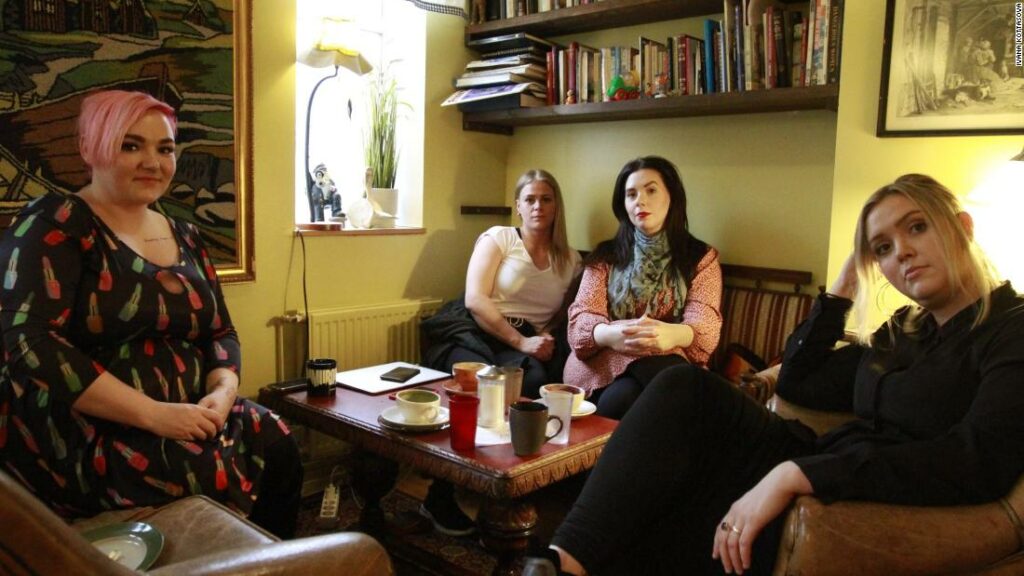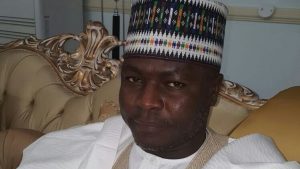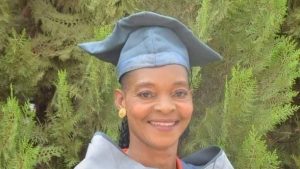‘The world’s best place to be a woman’ is being sued for misogyny

According to court documents, the injuries were caused by Árnadóttir’s boyfriend throwing her around the room while trying to wrestle her phone away from her after she threatened to call the police. For days after the attack, Árnadóttir struggled to breathe. Eventually, she ended up in the emergency room, the documents say.Speaking quietly in her apartment in the suburbs of Reykjavik, she told CNN the man had attacked her before, but never as viciously as he did on that occasion in July 2016. “I really thought I was dying. He was pulling me and throwing me around. I thought ‘I am going to die today,'” she said.Months later, she says she worked up the courage to go to the police, submitting photos of her injuries, medical notes, a list of witnesses to the violence and psychological abuse she was subjected to, as well as text messages from her alleged attacker, by then her ex-boyfriend, in which Árnadóttir says he admitted to the assault and threatened to share nude photos of her if she spoke up. A court filing includes all of these documents.According to the court documents, the man denied assaulting her, but admitted to sending the threat, although he said he never intended to follow up on it. CNN has reached out to the man’s lawyer.But for the police, that evidence was not enough.A year and half after she had pressed charges, Árnadóttir says officers told her the case was being dropped because it would not lead to a conviction.She later discovered that was not true. The case had not been dropped. Instead, the police failed to interview the accused and as a result, the statute of limitation expired in their hands, according to the judicial authorities who later reviewed the case.Árnadóttir is one of several women collectively taking their government to the She said it is possible that the very advances Iceland has made in gender equality might explain the relatively high number of women reporting violence. “In societies that have scored high on gender equality, you will still see very, very high figures [of violence] and it’s paradoxical to see that, but the reason might have to do with women being very aware of when they’re being violated in any way,” she said. “Is that the case in other countries? These numbers may be closer to the truth.”The research revealed another worrying thing — the proportion of women who have experienced violence was very similar across all sections of Icelandic society. “Different backgrounds, different levels of education, different levels of income … so it’s not class related,” Valdimarsdóttir said. “Then you start to think: ‘Is this some kind of law of nature? Is this an essential part of human behavior?'”‘The generational curse’One group that was not surprised by the results of the trauma study was Öfgar, a feminist collective that aims to educate the public about violence and rape culture.In fact, the group thinks the real numbers might be even higher. “I don’t have a single girlfriend that has not been sexually abused, harassed, molested or in a toxic relationship,” Helga Ben, one of the activists, told CNN during an interview with the group in a cafe in central Reykjavik.One by one, the five women described their experiences with date rape, forced consent, sexual abuse and harassment. They spoke about the shame they experienced over and over again.They call it the “generational curse.””The idea that Iceland is a feminist paradise has been shoved down our throats since we were little kids: ‘Why are you so angry? Do you see these women in the third world countries? … You have it so good,'” said Ólöf Tara, one of the women involved in the group.”But the violence that women have been facing throughout the years, we never had the power to raise our voice about it. Violence thrives in silence, because if you speak out, somebody connects with your story and realizes this is their story too and then they may go and start seeking help and break the pattern, because it is a generational pattern. I got it from my mom and my mom got it from her mom, like my grandmother from her mom, and I’m gonna carry it to my kids if we don’t speak and talk about it,” Hulda Hrund Sigmundsdóttir added.Öfgar has made it its mission to engage with younger people, trying to spread awareness through funny but hard hitting social media videos about issues like sexual consent and date rape.They also offer help and support to victims and have played an instrumental role in the second wave of the #MeToo movement in Iceland.The group said they realized they needed to “do something” when they kept receiving accusations of sexual violence and harassment about one particular man, a local celebrity in Iceland.”We had survivors coming to us, talking about what he did and it was a 10-year-long span of violence against women, against young girls and we thought this can’t go on, he can’t keep going on and doing what he’s doing,” said Tanja Ísfjörð, who was joining the meeting remotely, speaking to the rest of the group from a laptop screen propped up on a low coffee table.Without naming the man, Öfgar published testimonials from more than 20 women who said they had been abused and harassed by him, sparking a huge outcry across the country. More victims came forward, but the group also faced a significant backlash, including personal threats.”We were accused of making up stories and trying to cancel [the man], yet the only ones who have been canceled are the survivors,” Tanja Ísfjörð said.The man was dropped from the line-up of a major cultural event in Iceland and alleges he suffered professional consequences following the accusations. He has denied wrongdoing and threatened to sue the group for damages. He has not been charged with any crime. CNN has repeatedly reached out to him for comment, but did not hear back.The revelations sparked a new wave of the #MeToo movement in Iceland, with several other men, including members of the national football team, accused of sexual misconduct and coverup. The entire executive committee of the Icelandic Football Association While the case concerning the physical attacks against Árnadóttir lapsed, her former partner was convicted of separate charges of threatening her in 2020. According to court documents, he admitted to sending the threats, but said he never intended to follow up on them. He was handed a 45-day suspended prison sentence and ordered to pay damages, according to publicly available court documents. The country’s National Court dismissed his appeal earlier this year, upholding the decision. CNN has reached out to the man’s lawyer for comment.”This goes to show that the case was taken seriously within the judicial system,” Sigurðarson said.Árnadóttir has poured all her energy into becoming an activist, speaking up about her experience and getting the attention of some of Iceland’s top officials. As a law professional herself, she has spoken about her case to the Minister of Justice, pushing for reforms.The National Commissioner of Iceland’s Police, Sigríður Björk Guðjónsdóttir has publicly apologized to her “for the harm that she received by our system,” stressing that the police force is working on reforms and “adopting a victim-oriented approach” in gender-based violence cases.There is a momentum building up for reform — and for Árnadóttir, that’s what matters the most. “I have a daughter, I have friends, I don’t want anybody to have to go through what I did,” she said. “We need to change the system.”Correction: This story has been updated to clarify the findings of an Icelandic survey which found that 40% of women in the country had been subjected to physical or sexual violence, regardless of the perpetrator’s identity.







